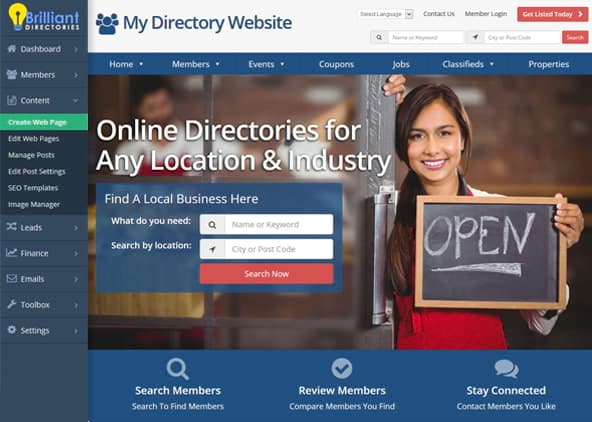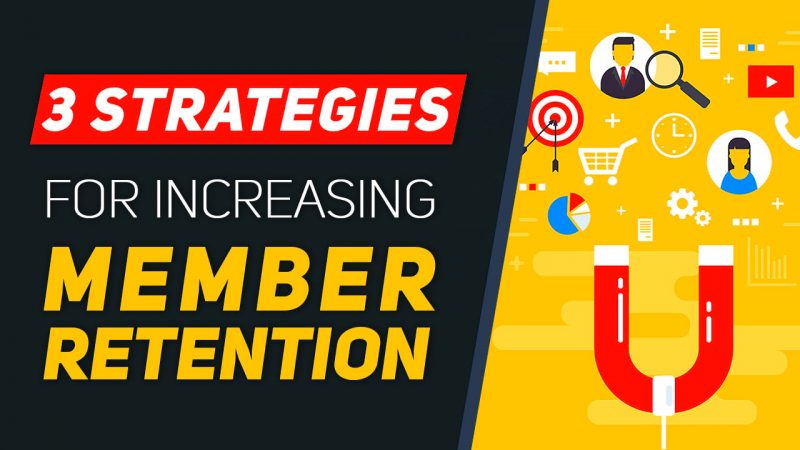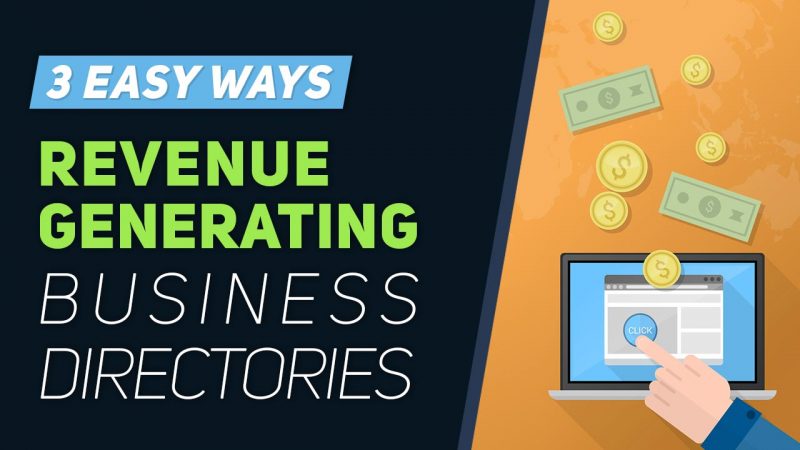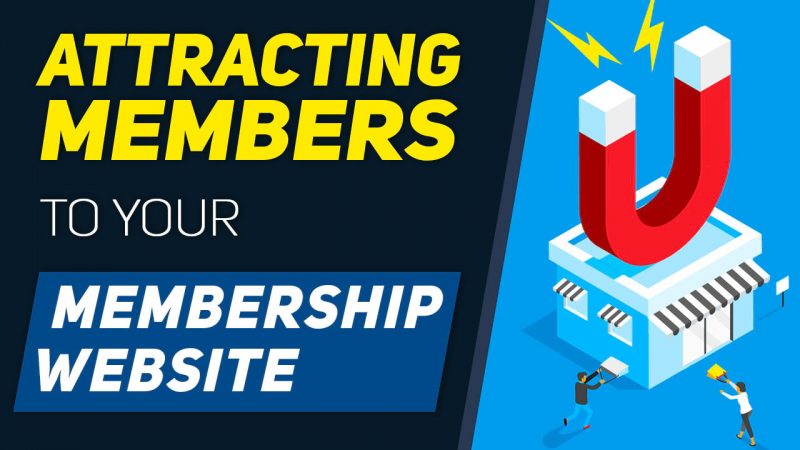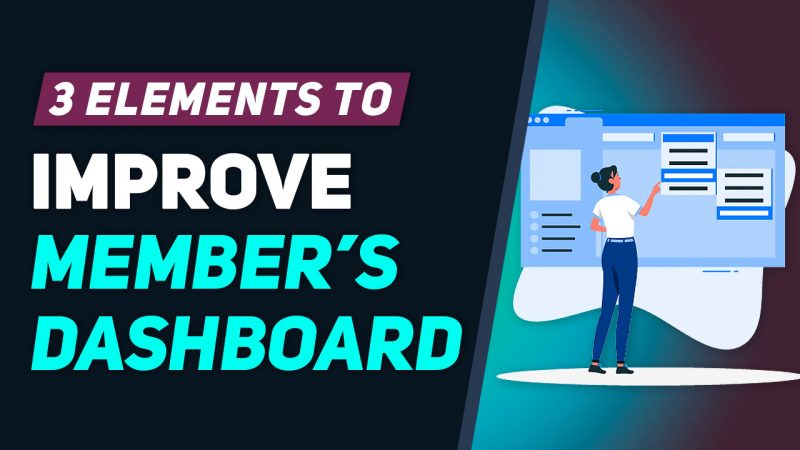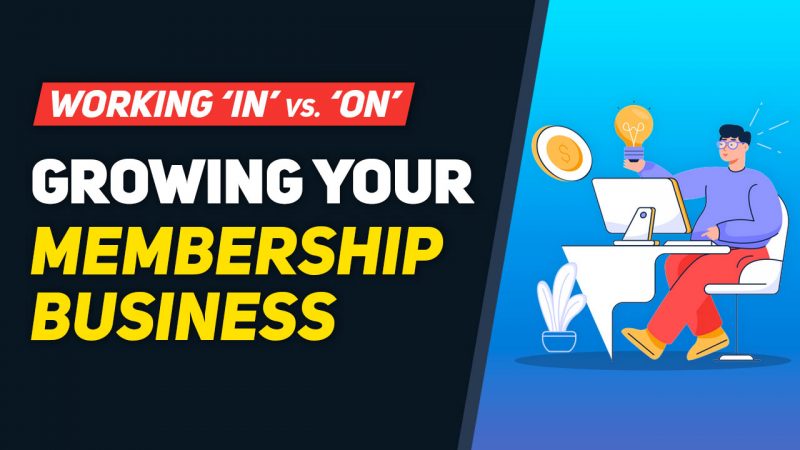 One-time customers aren’t going to fuel the continued growth of your business. Retaining customers is crucial to your long-term success. According to Gartner Group, a 5 percent increase in customer retention can increase business profits by anywhere between 25 percent and 125 percent.
One-time customers aren’t going to fuel the continued growth of your business. Retaining customers is crucial to your long-term success. According to Gartner Group, a 5 percent increase in customer retention can increase business profits by anywhere between 25 percent and 125 percent.
Understanding how to actively engage your customers across the channels they are active on can help your business tap into a high level of retention. Every business should have an extensive customer retention strategy in place since it is a worthwhile investment for generating revenue for the future.
Here is a list of some of the best-kept secrets when it comes to increasing customer retention:
1. The ‘freemium’ model really works
Successful companies like Rovio (creator of Angry Birds), Dropbox, Buffer App, Skype and others offer either a free trial or a free versionof their product offerings to allow users of different levels to test and utilize their services to determine whether they’re beneficial. The freemium model can help convert users into paying customers if your business offers a 30-day trial allowing customers to test the value of your product, a free version of your offerings limited to only certain features or free incentives if a user invites friends to sign up via email or social media.
2. Personalization can lead to loyal customers
Users often leave web pages within 10 to 20 seconds, but pages with clear and relevant value propositions can hold people’s attention for much longer. Relevancy is key, and that is where personalization comes in.
You can start personalizing your experience from a user’s very first visit to your site based on the referring source. For instance, altering product pricing and promotional offers, images on landing and product pages, or the amount of text on a page to make an experience as relevant to a user has possible.The added relevance can intrigue visitors to stay on your site longer, but the big engagement increases come from altering your offerings based on each user’s behavior on your site. A/B testing to ascertain what is effective for each segment of your audience will help your business personalize your site’s experience to attract and retain relevant customers.
3. Smart surveys contribute to retention in the customer lifecycle
A survey is a tactic for effective follow-up marketing after a sale is made to gather accurate feedback about a customer’s experience. According to research from social-media service Hootsuite, follow-up marketing often results in the cycling of customers back into the top of the sales funnel.
Surveys give customers the satisfaction that your business is actively communicating with them. Taking reasonable suggestions into mind will help make customers happy and increase retention rates. Be aware that surveys alone don’t paint the full picture. The feedback from surveys acts as directional data to be paired with revenue metrics from your existing customer base.
4. Aligning calls-to-action with your inbound keywords can increase conversion
The calls-to-action throughout your website add value to any page or feature. Look at your Google Analytics Search Overview report to determine which keywords are driving traffic and from what specific sources. Like mentioned above, personalization works, especially when paired with actionable data. Personalize some of the calls-to-actions throughout your website with these keywords to cater to your different audiences.
For example, if your analytics indicate that a portion of your web traffic is coming from keyword searches for “eBooks” then it’d be prudent to create a landing page offering eBooks with strong calls to action using the variations of those keywords. Experimenting to see what works is the best approach to gain relevant traffic to your website.
Don’t solely rely on these keywords but make sure to continuously test their effectiveness as they contribute to a positive rate of conversion.
5. Gamification helps drive value to activate long-term customers
The gamification of usually mundane processes can make a customer’s interaction with your offerings more enjoyable. GrubHub, HSN and Coca-Cola have all offered games as an incentive to interact with their company or to make a previous process more exciting.
For example, the success of Nike+ was fueled by a mobile and Facebook app that let users set running goals, earn rewards for reaching milestones and get congratulatory messages from world-renown athletes. The membership of Nike+ grew by 40 percent in 2011 and helped boost revenue by 30 percent in that product category.
Think outside of the box when it comes to the various actions across your website to improve the overall user experience, impacting your rate of conversion.




